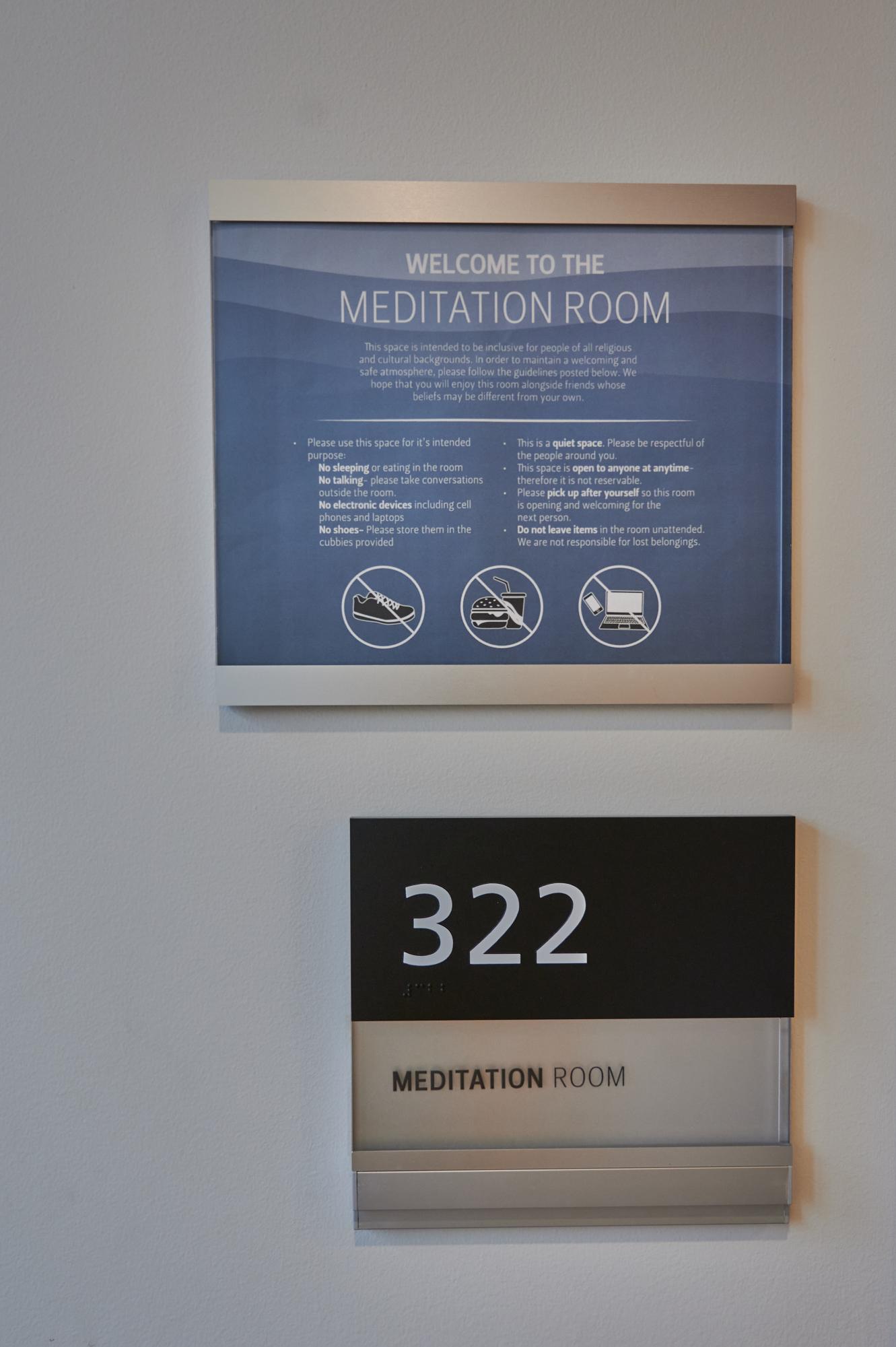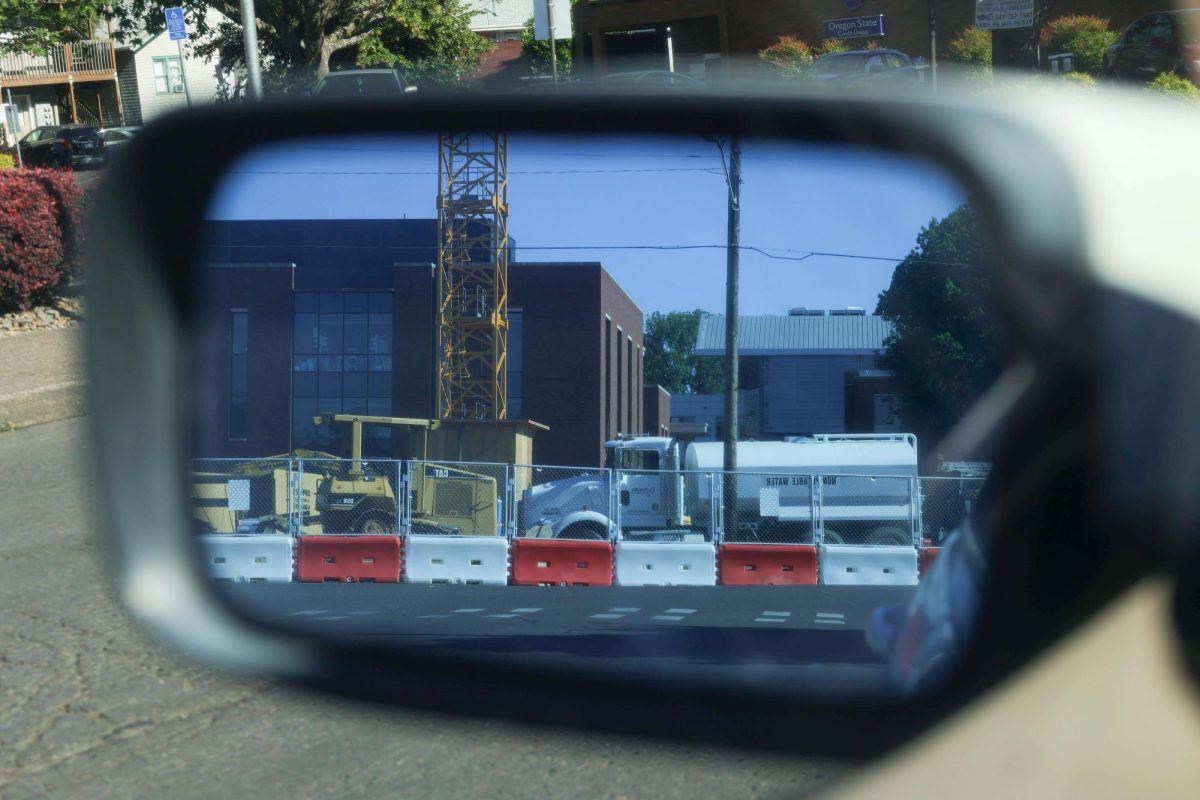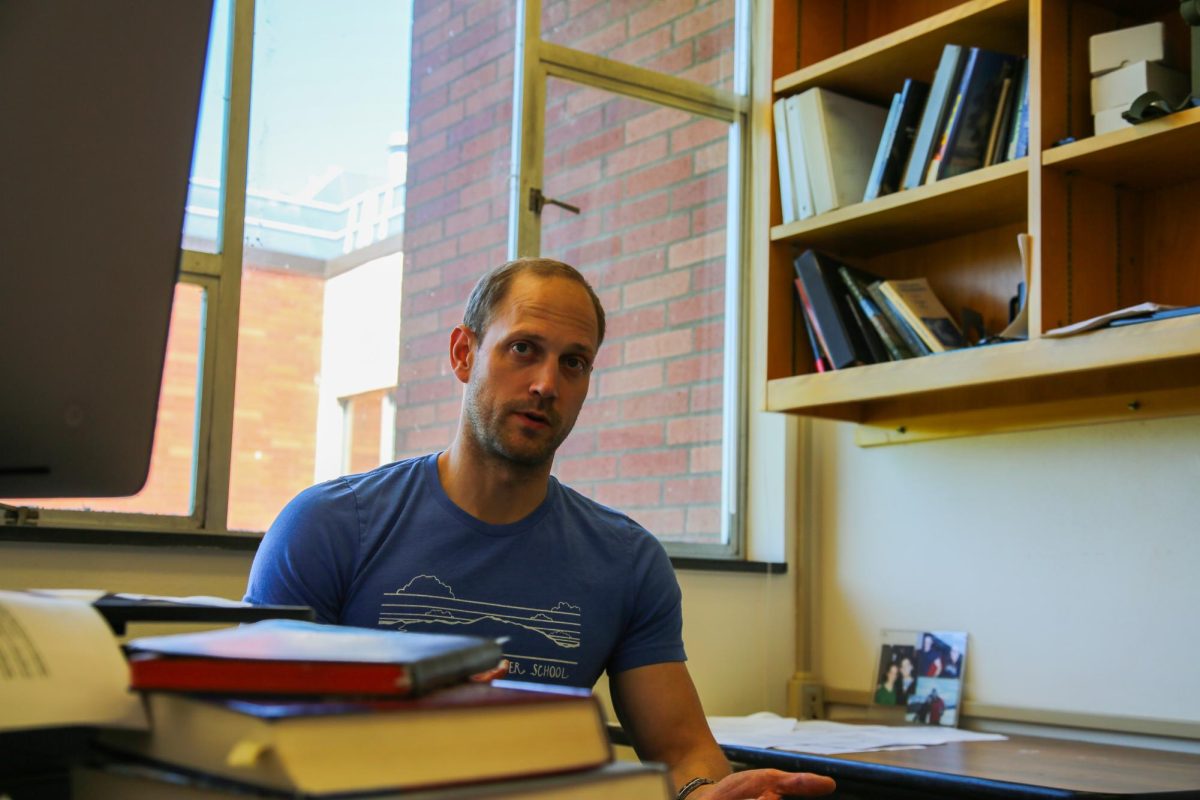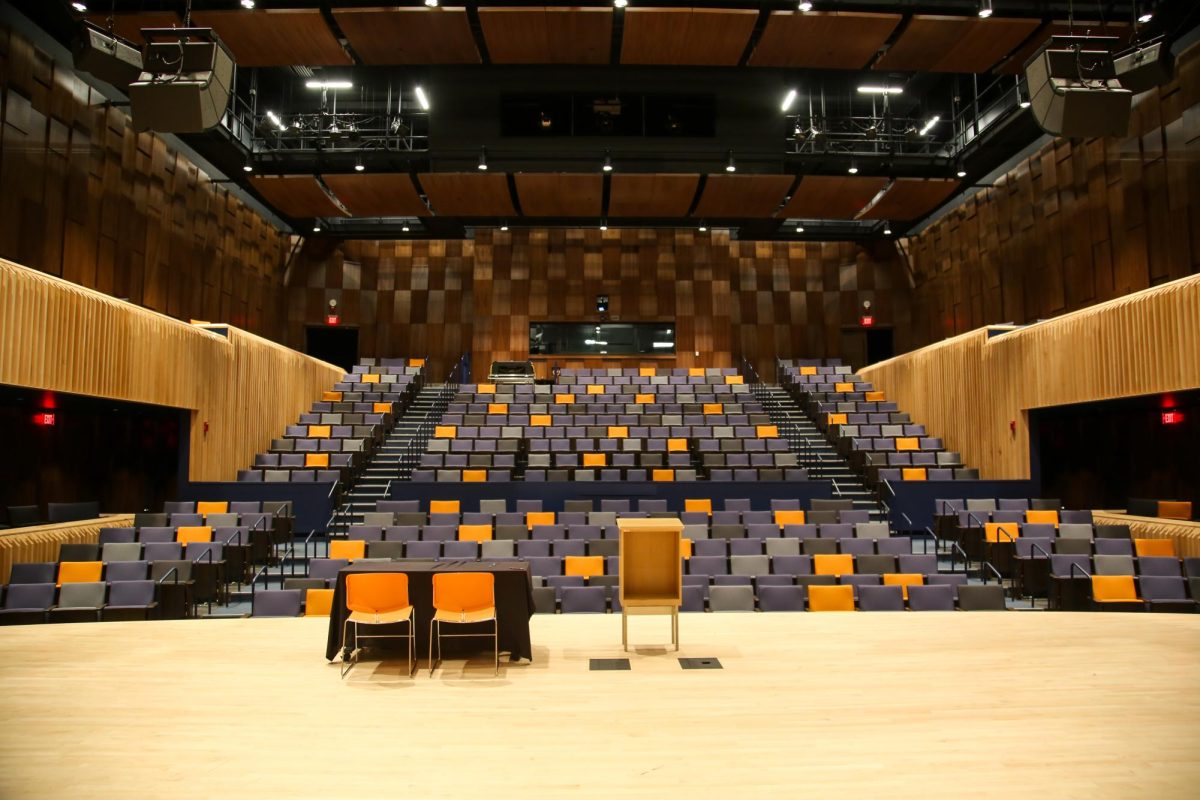No food, shoes or electronics are some of the rules and guidelines for Room 322 of the Student Experience Center.
Room 322 is one of the prayer rooms that exists on campus to support spiritual life at Oregon State University, and OSU’s Muslim Student Association continues to advocate for them.
Along with a room on the fourth floor of the International Living-Learning Center, a corner in the library and rooms in almost every cultural center, the spaces serve to provide an inclusive, quiet and intentional space for spirituality.
Mikayla Weber is a senior at OSU and one of the officers for the MSA, and she consistently uses the prayer rooms every day on campus.
“I think it’s important to have (the prayer rooms) on campus and not just for us but for other people as well,” Weber said. “Other religions and non-religious people like to go in there and meditate too.”
MSA President Fatima Rashid shared the same sentiment as Weber and finds it important that OSU has these resources, as it shows their effort to strive for inclusivity.
However, both Rashid and Weber have noticed some barriers in trying to access these facilities.
The prayer rooms work on a first-come, first-serve system, and the rooms are smaller spaces that often fill up fast.
“Typically for Muslims, you don’t want to be in front of someone while they pray or cross in front of them. So then you have to wait for other people to get done praying and I’ve waited 30 minutes before … or had to go somewhere else,” Weber said.
Rashid shared how she feels like right now there are not enough prayer rooms on campus, and it is something the MSA keeps working to improve. Last year they achieved getting cultural centers to include a prayer room, and they continue trying to spread to more buildings across campus.
“If there’s a (prayer) room in every building at some point, designated not only for Muslims who need to pray, but also for people who need a chance for meditation and their prayers,” Rashid said. “I feel like that would be really useful to many students.”
Another barrier brought up by both Weber and Rashid was the limited hours of the buildings. The SEC typically closes at 8 p.m. on weekdays and the ILLC closes at 6 p.m.
“We usually have a prayer at sunrise but that’s really early, like 5 a.m., and none of the buildings are really open at that time,” Rashid said.
Despite the barriers that exist, both Rashid and Weber acknowledged that the facilities are kept clean and maintained well.
“That’s one of the things I like about OSU too, I feel like lots of people and supervisors are very accommodating for any student’s needs,” Rashid said.
Rashid is grateful for the spiritual support the facilities provide, not only for MSA and OSU students, but for international students as well.
“There are so many international students and a lot of them consist of students from different religious beliefs, and I think it’s important for them to recognize that OSU does have those resources, and (they) make it accessible to everyone no matter who they are,” said Rashid.















































































































